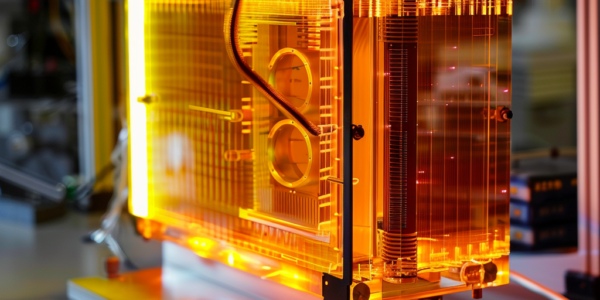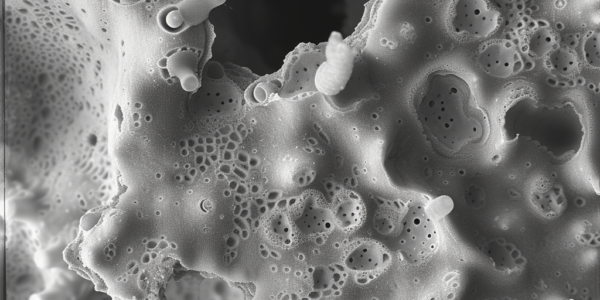Novel UV Broadband Spectrometer Revolutionizes Air Pollutant Analysis
Learn about the world’s first broadband UV dual-comb spectrometer developed by researchers at Graz University of Technology, allowing for continuous measurement of air pollutants and real-time observation of their reactions with the environment. This innovative device offers a large bandwidth of emitted UV light, high spectral resolution, and short measurement times for sensitive measurements.
Industrial Pollutants Found in Mediterranean Corals for the First Time
Scientists at University College London have discovered industrial pollutants embedded in Mediterranean corals for the first time, offering a potential new tool to track the history of pollution. The finding marks a historical marker of the proposed Anthropocene epoch, highlighting the extensive impact of human activity on the environment. This groundbreaking research sheds light on the impact of industrial pollutants on marine ecosystems and provides valuable insights into the long-term effects of fossil fuel combustion.


